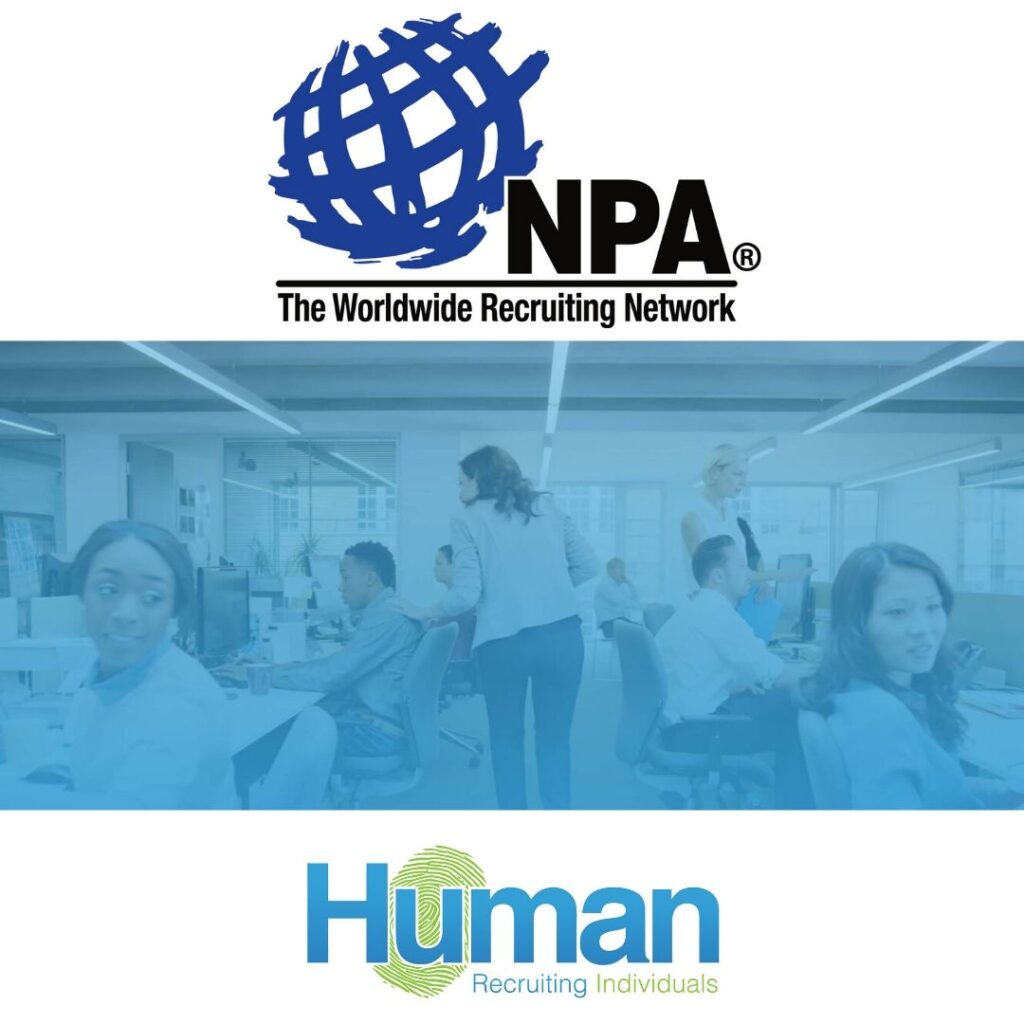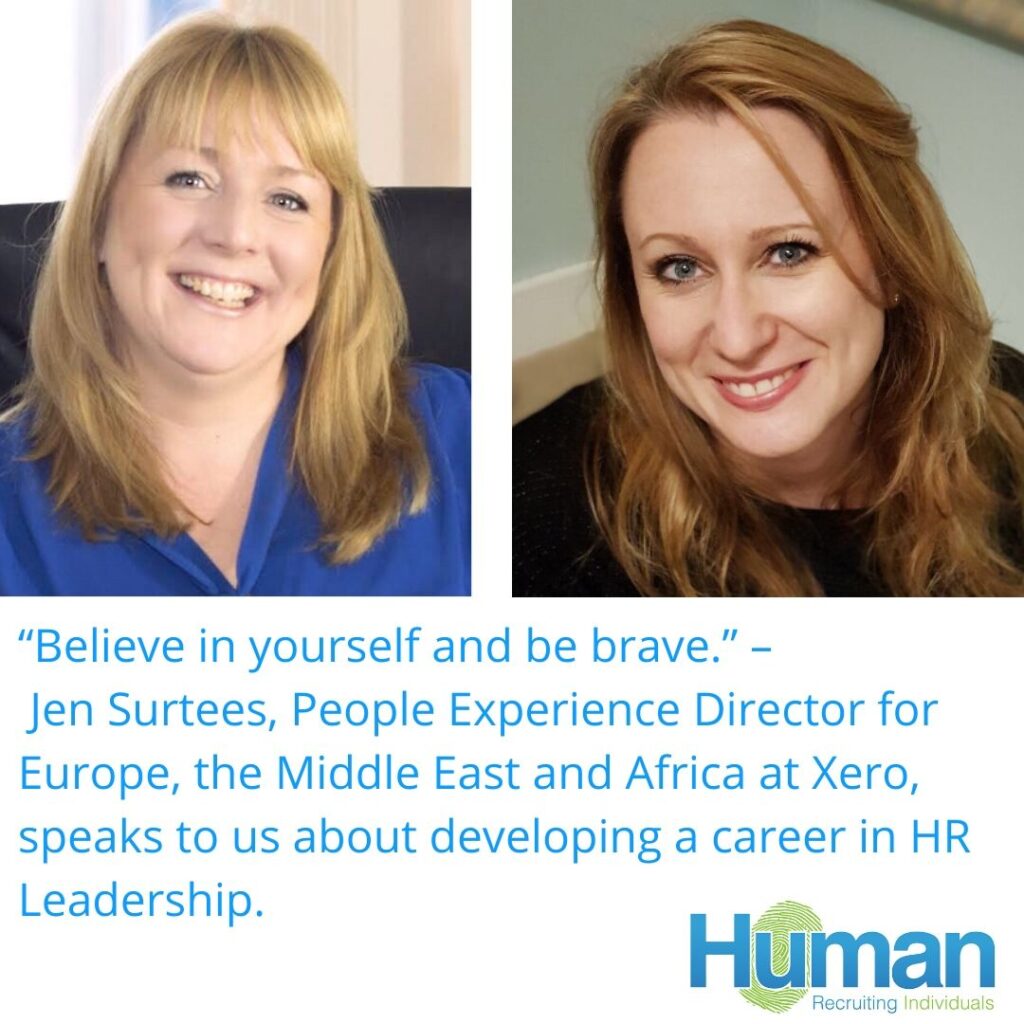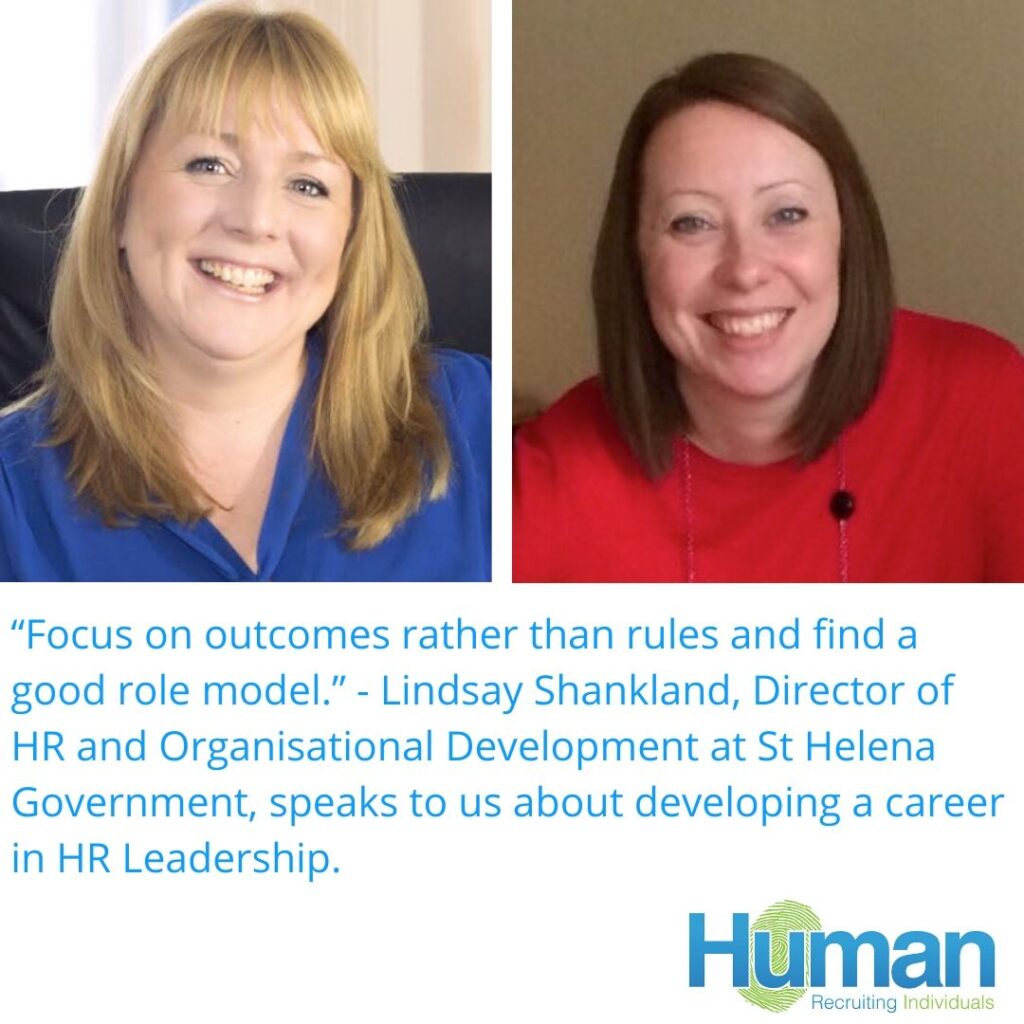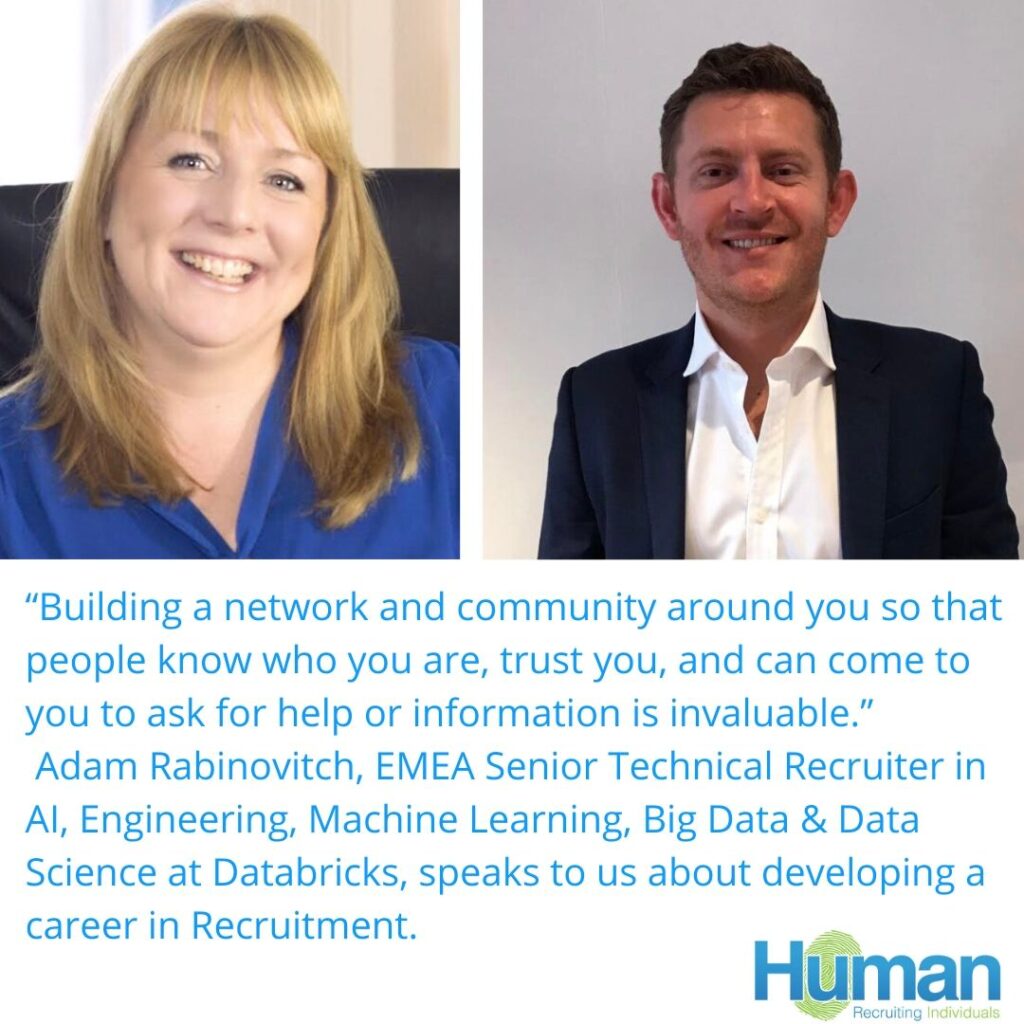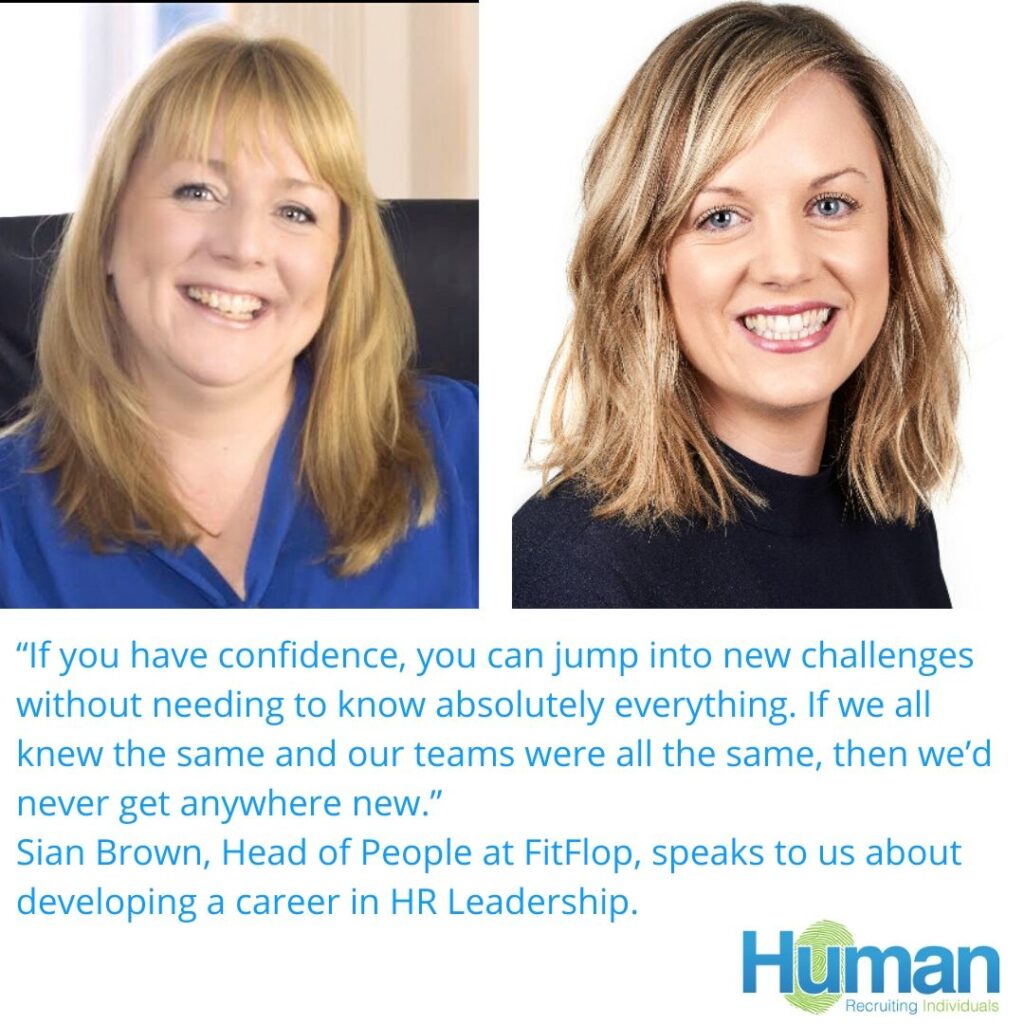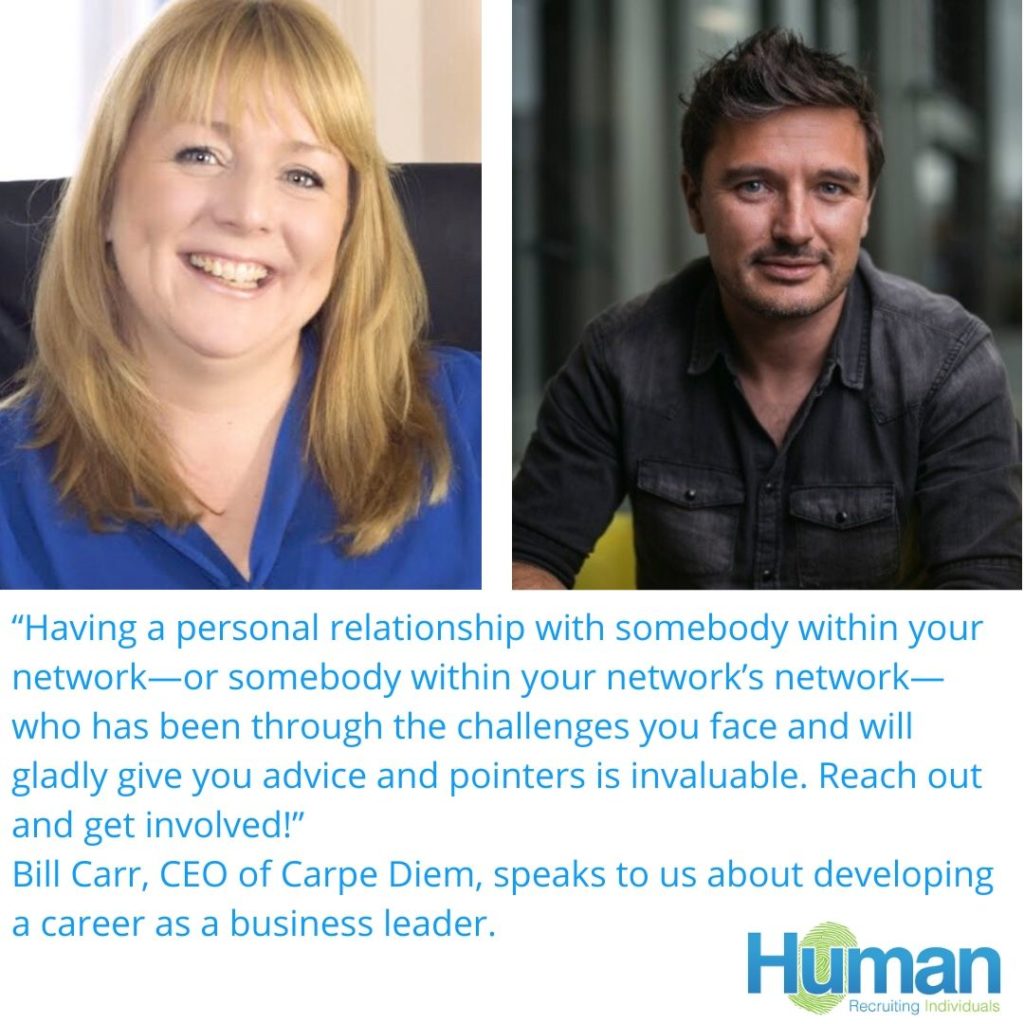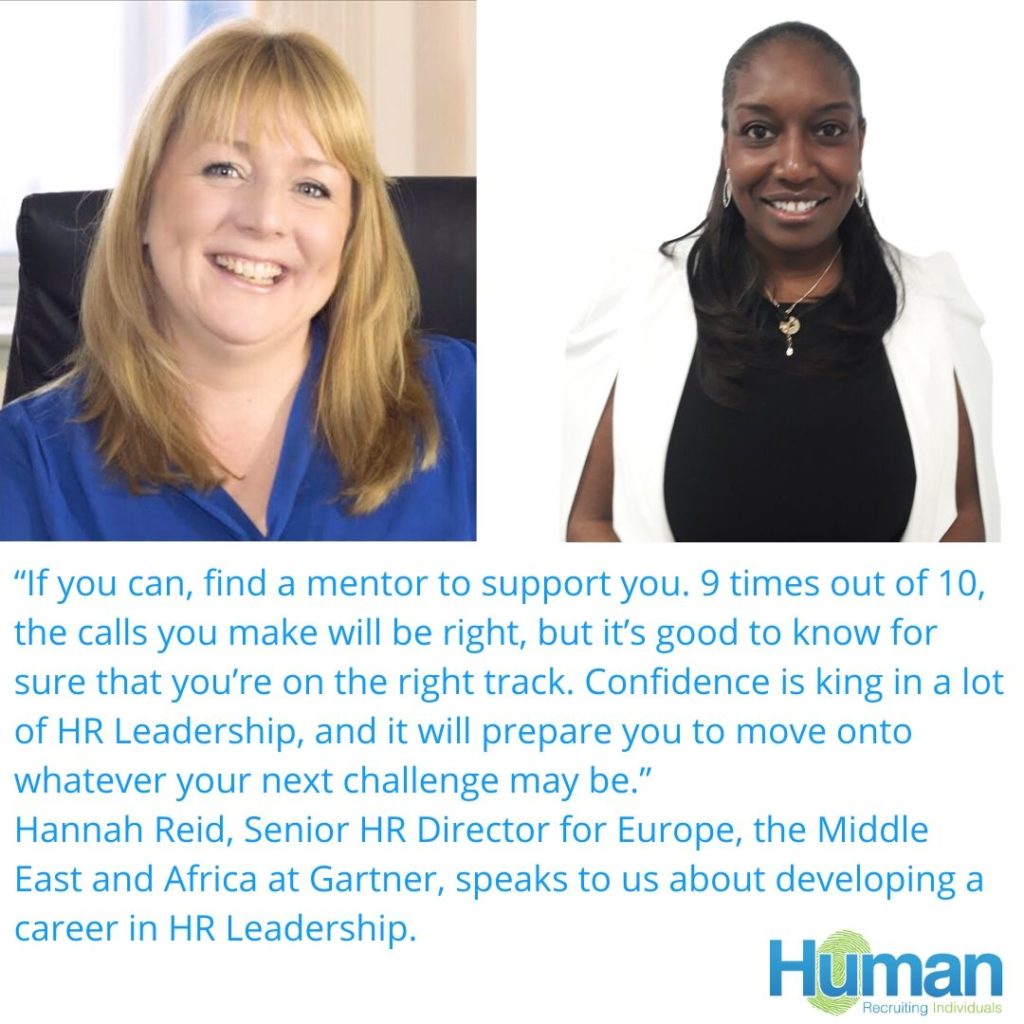“If you have confidence, you can jump into new challenges without needing to know absolutely everything. If we all knew the same and our teams were all the same, then we’d never get anywhere new.” – Sian Brown, Head of People at FitFlop, speaks to us about developing a career in HR Leadership. As part of our commitment to supporting candidates to develop fulfilling careers, we’ve invited some HR Leaders to share the secrets of their success. This week, we had a great conversation with Sian Brown at FitFlop, who began her career as a Sales Consultant at Esporta before moving to Leisurejobs to work as a Recruitment Consultant, and later becoming Retail Resourcing Partner at Monsoon Accessorize. In September 2013, Sian joined the team at FitFlop as Resourcing Manager, later ascending the ranks to become Head of Resourcing & Talent before taking on her current role in July 2018. Can you tell us how you got into HR and why? Interestingly, my first experience in HR came far before my first role did, as I actually did work experience in an HR department of a big hotel chain when I was 15. What I experienced of HR—or Personnel, at that time—was all admin. I remember packing letters into envelopes and uploading notes onto computers, and I noticed that the team were boxed into a small room rather than being integrated into the business. Up until that point, I really would have liked to pursue a People role, but the experience put me off, so I stepped away from HR and went into Sales at Esporta when I left college instead. After a year there, I wanted to move to London, so I fell into recruiting for an agency. I worked there for two years and absolutely loved it, but I found that what I enjoyed most was the candidate experience element; being able to go on their journey with them and placing them into roles. I wanted to see their journeys all the way through, so I decided to go down the in-house recruitment route and moved to Monsoon Accessorize. While I was there, I did my CIPD Level 3 and learnt a lot of theory, but at the time I thought that the Personnel Development side of HR was a little bit stagnant and decided to stick with Recruitment. I didn’t know too much about FitFlop when I was initially approached about a role there, but their vibrant culture attracted me from the first interview. They’re a very innovative, entrepreneurial company led by an experienced female founder, which was a real pull for me. When I joined, we had quite a small team and I was the only recruiter, so my whole role focused on that at first, but being part of a smaller company meant that Recruitment became integrated into the wider HR team. As a result, I found myself naturally gaining more and more hands-on experience across the HR realm while still focusing on the Resourcing side. My role later broadened to include Learning and Development, and then in 2018, I moved to the Head of People role and became responsible for HR across our international locations as well as the UK, reporting directly to our Global People Director. I think my route into HR has been quite interesting, because a lot of people generalise and then specialise, but I got into it because I loved Recruitment, and I still do. It’s always been what I’m passionate about, and I’m really fortunate that I still do that in my role. Can you tell me about the key themes and challenges that you’re seeing across the HR sector? The biggest one for us at the moment is definitely the COVID-19 crisis. We operate across Asia, the USA, the UK, and Germany, which have all been hit fairly hard. We first started hearing about what was happening in China with our China team having to work from home, but we didn’t expect how quickly it would spread. We’re a very close-knit company, so we’ve been in it together from the start, but every country is at a different stage and has a different way of dealing with it, so it has been a challenge that will undoubtedly lead to changes in the way we work in the future. We’ve had a version of flexible working called ‘smarter working’ that concentrates on output rather than hours since before the crisis, and I think that combined with our strong culture has really helped us manage while working from home. If you don’t have a strong culture, there’s less unity and support within the team, so remote working can pose more of a challenge, but we’ve been surprised by how much ours has helped. It hasn’t been without its challenges when it comes to things like product design and development meetings, but I think we’ve embraced new ways of working well, and we’ve seen that our people leaders have been able to lead their teams effectively through something we’ve never experienced before. HR isn’t built on micromanagement and parent-child relationships, it has to be adult to adult, and I think the current restrictions have pushed us into seeing that when we allow our staff that freedom and autonomy, there’s a lot of opportunity and achievement to be had. It’s also definitely changed our communication. Where at times we as a sector weren’t being transparent enough or communicating enough because we’d rather wait to do so until we had all the answers, the current situation has made us step up and send things out and speak to our teams more regularly. HR has always been naturally cautious, but we don’t have time to do that now; we need to be bold and do what feels right. There’s no manual or policy on dealing with COVID-19, we just have to act and react. We’ve seen flexibility, commitment, and teamwork on such a scale that the challenge now is how to best take

